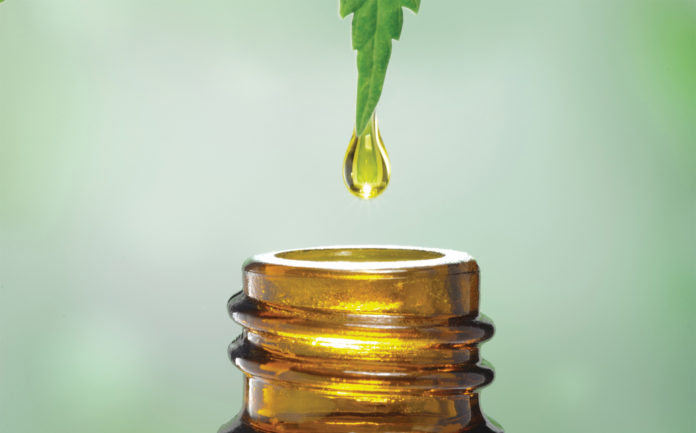CBD is all the rage, but how does it truly impact the brain?
A new clinical trial aims to discover out more about the popular drug.
Koios Beverage Corp. announced on Nov. 8 that it will be initiating a study that intends to find out more how CBD affects the human brain.
“It’s long been known that CBD can have a dramatic impact on the human brain, all the way from helping people relax to treating people for epilepsy,” said Gina Burrus, Vice President of Sales for Koios. “However, we don’t yet know what impact CBD will have when combined with nootropics, and that’s what this study is designed to tell us.”
Nootropic supplements, according to Wikipedia, are “drugs, supplements, and other substances that may improve cognitive function, particularly executive functions, memory, creativity, or motivation, in healthy individuals.”
Because Koios beverages and supplements contain a proprietary formula of nootropic, brain-enhancing nutrients, the company is already conducting a clinical trial on the impact of those supplements on the human brain, and released preliminary results on Oct. 9.
The trial involved mapping the activity of the brain before and after subjects consumed Koios nootropic supplements. Full clinical brain scans on Koios users show changes in brain activity in three main areas, all of which indicate improved cognitive function.
See also: Can cannabis treat pain as well as fentanyl? A clinical trial aims to find out
See also: 17 cool facts about CBD, from LiveWell Canada
Burrus says the results are helping the company in the design of future products, and so Koios has decided to launch similar trials of nootropics with CBD.
“The findings, although preliminary, are better than we could have expected,” said Chris Miller, CEO of Koios. “Changes in the type of brain activity that we are seeing between the baseline that was mapped at the start of the study, and the effect on participants after several months of consuming our beverages, could have many positive implications.”
Both studies are being conducted by NeuraPerformance/Neuroptimize Brain Center, the “go-to brain lab and physiotherapy clinic for Colorado’s elite athletes,” including the Denver Broncos football team. The lab’s brain-mapping technique involves using sensors to measure the electrical activity within the client’s brain.
In the first study, the lab reported three initial findings of significance: a decrease in slow brain-wave activity, (delta and theta) which for many people “can lead to quicker thought processes, better energy, sharper focus and an overall sense of mind clarity,” says Rachel Ragsdale, founder and CEO of Neuroptimize.
The second key finding was an increase in alpha activity, linked with overall intelligence.
The third finding was an increase in fast activity (beta and high beta).
See also: Research trial finds CBD helps reduce pain in dogs
“This brain wave is needed to feel alert, focused, and motivated,” said Ragsdale, an accredited Board Certified Neurofeedback Therapist. “Seeing an increase in this brain wave could have many implications relating to the overall drive and energy of a person that might lack beta and is a very positive finding.”
NeuraPerformance/Neuroptimize is expected to release a full report within the next month, after which it will begin further testing of nootropics and CBDs.
“We are a results-driven company,” said Miller. “It’s our hope that through these tests, we will learn more about how to continually improve the mental and physical well-being of our customers.”
CBD, short for cannabidiol, is found in cannabis but because it doesn’t contain THC, doesn’t result in a “high.”



















